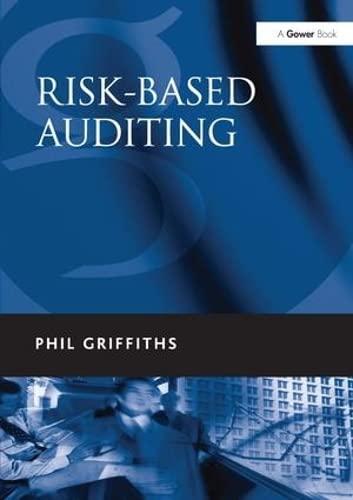Question
Danny, an unmarried 45 year-old man, has run into a bit of financial trouble and on November 1, 2020, Danny filed a petition for protection
Danny, an unmarried 45 year-old man, has run into a bit of financial trouble and on November 1, 2020, Danny filed a petition for protection under Chapter 7 of the U.S. Bankruptcy Code. For purposes of this assignment, assume Danny meets all of the credit counseling, debtor education, and means test requirements to file for bankruptcy on November 1, 2020.
Danny lists the following debts:
A first mortgage with Central Bank of $400,000 on his home, a condominium in Costa Brava, California. The Central Bank mortgage was recorded on June 15, 2001, with the county recorders office in the manner required by California law. Danny has remained current on this mortgage up to the date he filed for bankruptcy protection. After the first bankruptcy creditors meeting, with the consent of the bankruptcy trustee, Danny enters into an agreement with Central Bank to continue making payments on the first mortgage without any modifications to the mortgage terms.
A home equity line of credit (Heloc) debt of $65,000 from North Credit Union (NCU) is also secured by Dannys home with interest only payments due on the 1st day of each month. The NCU Heloc has an acceleration clause which makes the entire balance due an payable immediately upon default of any monthly interest payment. The NCU Heloc was recorded on December 31, 2019, with the county recorders office in the manner required by California law. Danny stopped making payments and defaulted on the NCU debt on June 1, 2020.
Danny had $50,000 in repairs completed on his home by Better Builders, a licensed contractor, on January 15, 2020. Danny paid $25,000 when the work began on November 1, 2019, with an agreement that the balance of $25,000 would be paid to Better Builders upon completion of the work. Even though the work was completed on January 15, 2020, Danny was unable to pay the balance due and on January 31, 2020, Better Builders filed a mechanics lien for the $25,000 balance with the county recorders office in the manner required by California law.
By November 10, 2020, Dannys bankruptcy petition was served on each of the above creditors.
Other than his home, Danny has no non-exempt property (this is not unusual in individual bankruptcy filings). In the bankruptcy Danny claimed a $75,000 section 704 homestead exemption in his home. On November 1, 2020, Danny's home was appraised for $500,000.
On September 1, 2020, NCU filed a lawsuit against Danny for the full amount the Heloc debt plus accrued interest in the County Superior Court. As of November 10, 2020, Danny had not filed an answer in NCUs Superior Court action against him. On November 25, 2020, NCU filed for a default judgment against Danny in its Superior Court action against Danny. Danny filed an objection to entry of NCUs default judgment both with the Superior Court in NCUs legal action and with the trustee in his Chapter 7 bankruptcy.
Answer the following questions:
Should the County Superior Court enter the default judgment against Danny in favor of NCU? Explain your answer.
Assuming a $500,000 valuation, does Danny have any equity in his home that would be available to satisfy his debt to NCU? Explain your answer.
Step by Step Solution
There are 3 Steps involved in it
Step: 1

Get Instant Access to Expert-Tailored Solutions
See step-by-step solutions with expert insights and AI powered tools for academic success
Step: 2

Step: 3

Ace Your Homework with AI
Get the answers you need in no time with our AI-driven, step-by-step assistance
Get Started


